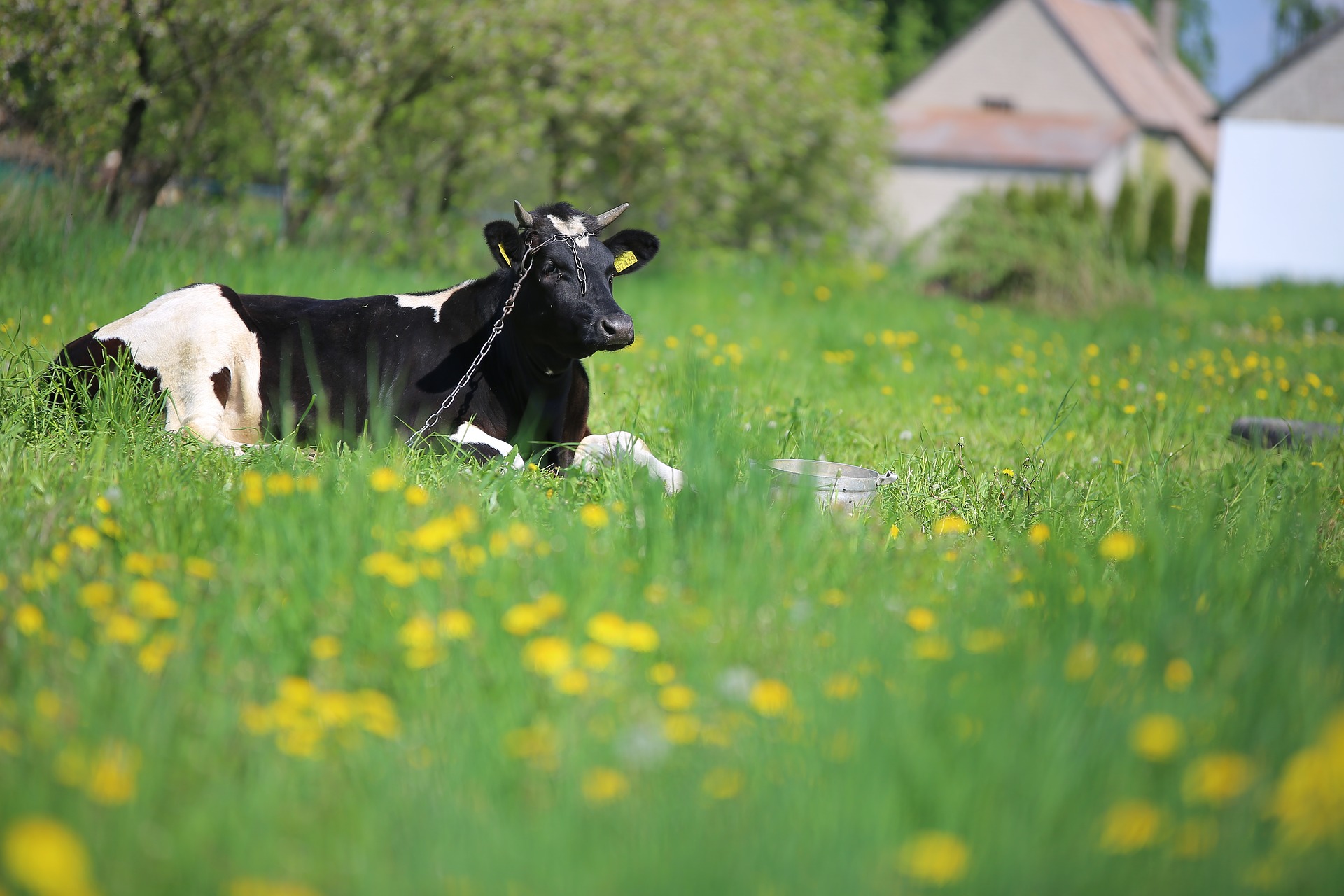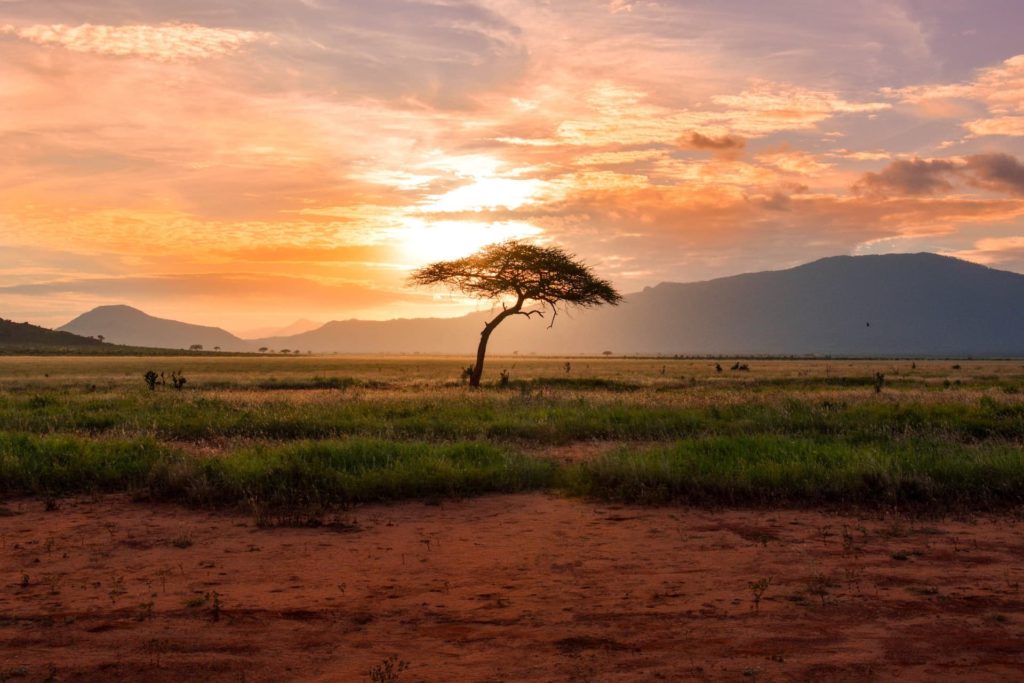Is a world with no abattoirs an outrageous statement??? Or a necessary reality to prevent future pandemics, restore our planet, and seriously-commit to feeding the world with an increasing population, where currently 800 million people are malnourished?
Eliminating the suffering of billions of animals would also be a great outcome. How DID we get to a situation where 83 billion land animals are killed each year for food. Our entire human population that has ever lived is 108 billion.
The Planet Earth is capsizing in a miserable, turbulent, messy ocean of factory-farmed animals. It would seem, much of humanity is in complete denial over these statistics.
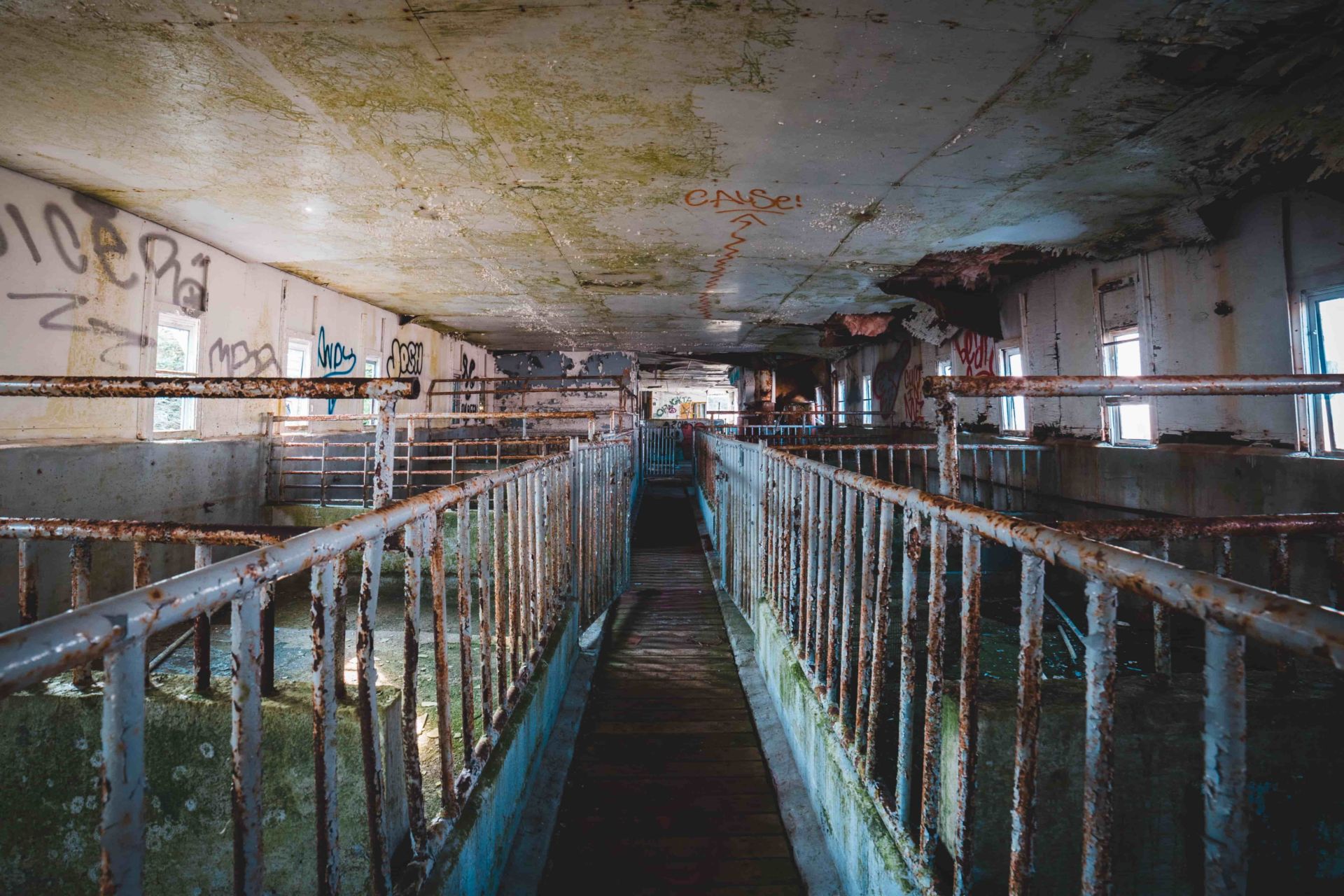
Looking at an overlay map of Australian abattoirs, around the perimeter and mainly concentrated on the East Coast, are hundreds of slaughterhouses. Every year in Australia, 520-620 million animals are killed at abattoirs, mostly for meat.
This continent is ‘set up’ for meat production, yet we are a dry, ancient land with our cities and towns confined to coastal areas. We are the world’s biggest exporter of virtual water via crop, livestock, and industrial products.
The number of cattle being fed grain has tripled in Australia over the past three decades, to meet supermarket requirements and growing Asian demand for protein. Future humanity will find it suspicious that grain was built to feed animals, rather than humans direct.
Australia is ripe for transitioning to an Australia-Asia Alternative Protein Project (engaging neighbors such as Singapore, Taiwan, Japan, South Korea, Thailand, and China) and not forgetting our New Zealand cousins either! Our pulses and grains could be diverted far more efficiently to this young, burgeoning industry.
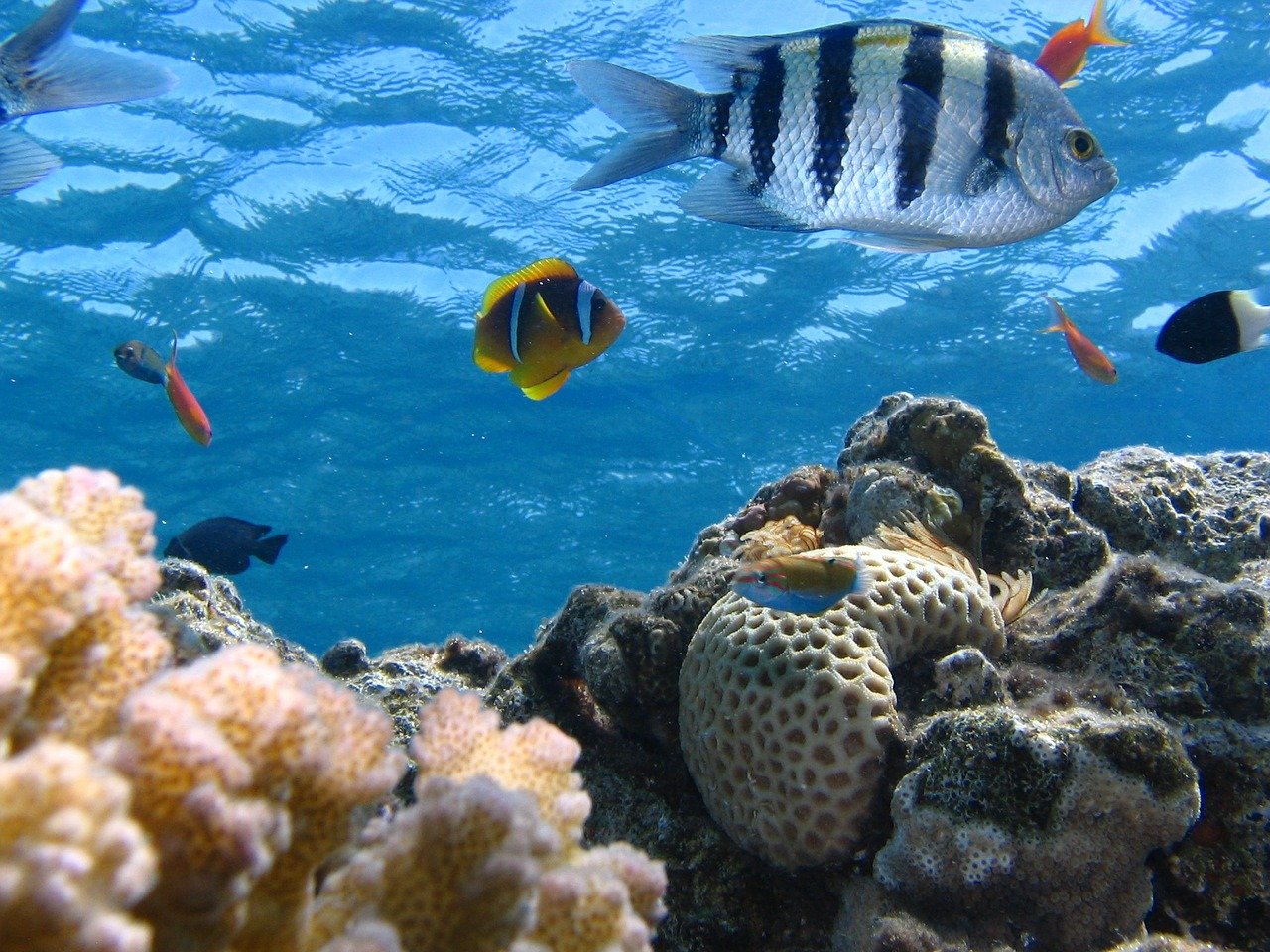
Addressing climate change, loss of biodiversity and preventing pandemics puts food production at the center, because it is the world’s largest cause of biodiversity loss, responsible for more than 80 percent of deforestation and 70 percent of freshwater use.
It cannot be ignored. Increasingly close contact between humans and animals like pigs, bats, or birds allows pathogens to jump between species. Encroachment of animal agriculture into natural ecosystems is a significant factor in zoonotic diseases, and these diseases are on the rise.
The economic fallout from Covid19 will doubtless last for years – but multiple pandemics? As always, and as is being shown in this current situation, the poor and marginalized will particularly suffer, again and again.
As a global community, we know there is a dire need to remove animals from the industrial food system. It is a failed system. The fallout from Covid19 has shown clusters of Covid19 in abattoirs in Australia, the UK, the US, and Europe at the very least.
In Germany, more than 650 people tested positive for Covid19 on just one meat processing plant in the north-west. Cedar Meats in Melbourne saw around 111 people test positive to Covid19 in the end (the most massive cluster to date in Australia) with a Trade Union representative arguing the only way to keep workers safe was to refurbish production lines (challenging in itself) and reduce output by 50% in what is a physical, labor-intensive and generally poorly-paid industry.
There is another solution: Retrofit several abattoirs for plant-based meat production and focus on the alternative protein industry as part of a significant renewal of our global economy.
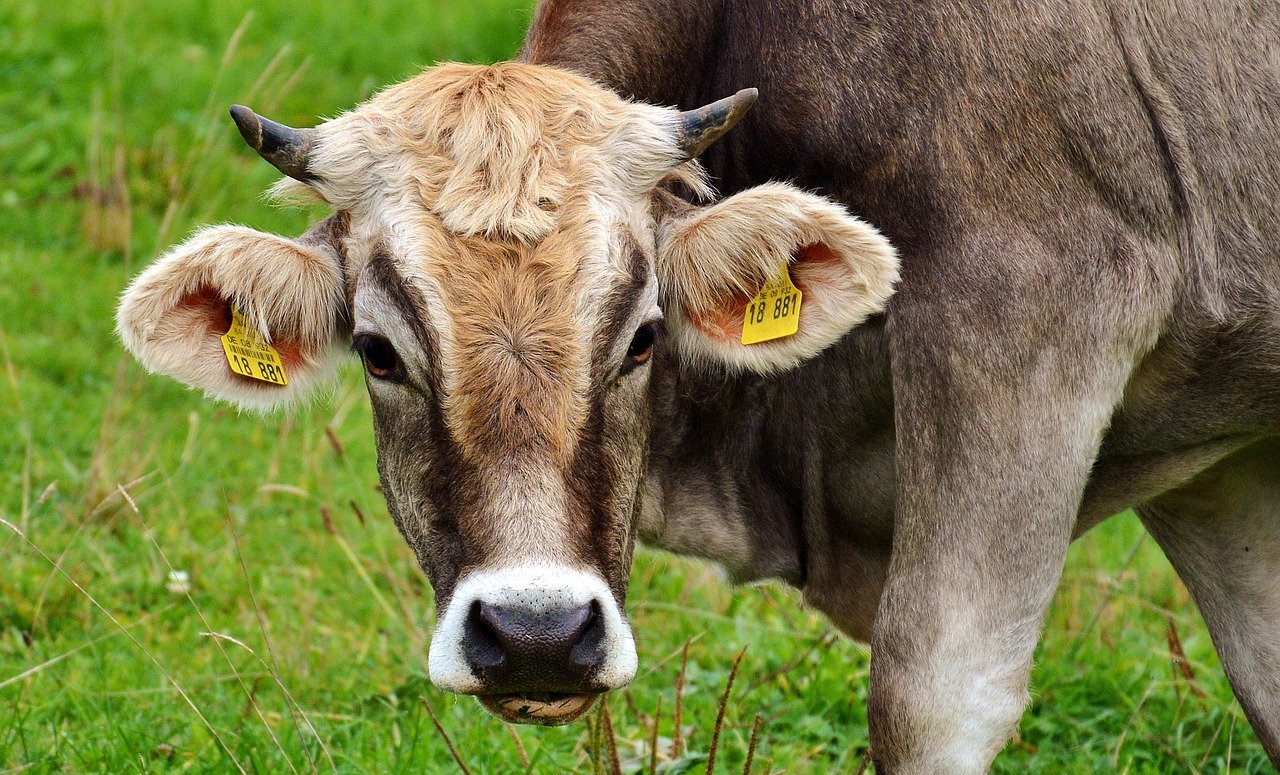
We must scrutinize industrial animal agriculture and be brave enough to dismantle it in a way that is global, considered, efficient, and powerful. All players in the existing system/supply chain need to be coopted/retrained – in new ways, at times – yet feel sufficiently engaged in the process.
”Pushing at the edges” to effect this change could be understood visually through the Berkana Institute’s Two Loops Model, developed by Brittnee Bond. Divergents for change in the new ascending loop, find each other, connect around progressive action in a community of practice, where they are ‘failing forward together,’ building and creating a new system. This appears to be where alternative proteins currently are – and gathering momentum.
Alternative media platforms, webinars, and ongoing discussion can be vehicles for refinement to help understand and then guide massive, necessary dismantling.
The CSIRO (Australia’s national science agency solving the greatest challenges through innovative science and technology) recognizes that plant-based meats are the best way to sustainably feed a growing global population, with a looming protein shortage and billions more to feed by 2050.
Major players are already in this field, including large companies currently dependent on the intensive farming industry with their own branded plant-based meats as well as investment in cultivated meat.
The writing is on the wall. Investment is moving into this area. Once these products become less expensive than conventional meat, doubtless the consumer will be a considerable driver of this exponential change.
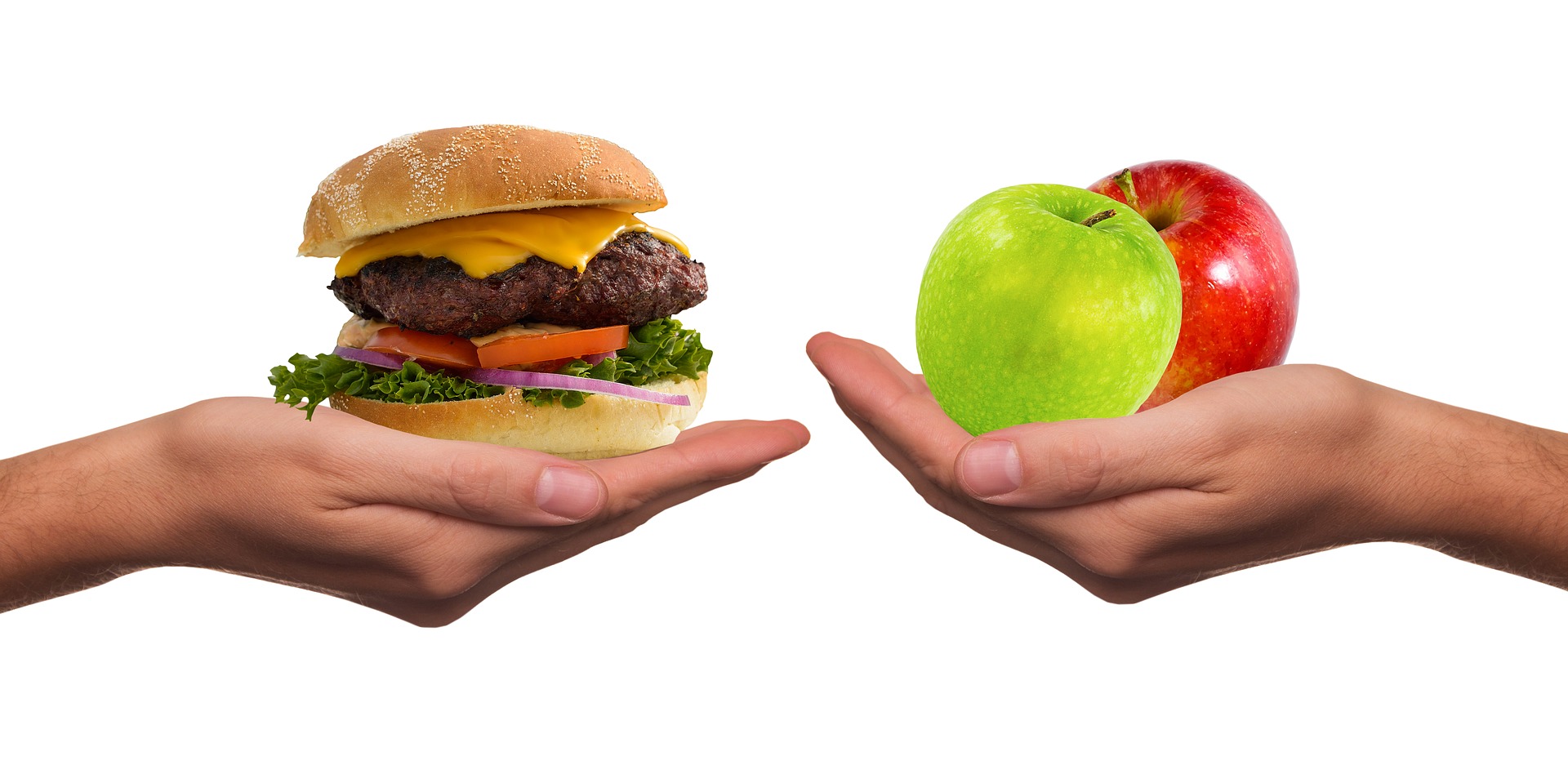
The emerging consensus seems to be that even within ten years, agriculture as we know it will be disrupted, vastly different, with alternative proteins widely-adopted and helping considerably to feed the world.
Traditionally-produced meat from animals will be a lesser niche market, overseen by small-scale sustainable producers practicing humane animal husbandry and adopting mobile abattoirs in a world with evolving compassion that will demand nothing less.
I suspect that eventually over time, this area will change too, as innovation and producing meat without animals becomes the norm – everywhere. Neighbourhood ‘meat breweries’ will be commonplace.
In 2021 The UN Food Systems Summit will take place to raise food system transformation to the highest level and central to the achievement of the UN’s Sustainable Development Goals.
Given the urgency of this current situation, particularly in this pandemic world, we can instigate changes immediately, starting with strategies for global, incentivized dismantling of industrial animal agriculture, leading up to this critical Summit.
Is a possible way the setting up of a United Nations-based Alternative Proteins Global Application Fund, to expedite research and development, critical supply chains within countries, manufacturing/upscaling of alternative proteins?
Member governments/not-for-profits could request funding to enable transition. The financial incentives would help to accelerate global alternative protein adoption.

Where would the money come from for all this? Individual philanthropic organizations, businesses, individuals could donate, and I also see a definite place for the immediate global ‘taxing’ of industrially-produced meat as a significant donor.
“Sustainability taxing” this industry would also add further incentive for major industry players to switch over to alternative proteins. We need their expertise, their supply chains in other ways.
Earlier this year, the European Parliament debated a sustainability charge for meat so that its price would reflect its environmental costs, CO2 emissions, and biodiversity loss. Termed a ‘fair meat price,’, it would eventually apply to all member states by 2022.
Why not adopt this same model globally so that it is a major financial contributor to solutions, overseen by the United Nations, and well within the Sustainable Development Goals criteria?
In recent days, other forms of major funding for alternative proteins have emerged through both business and government. Amazon has just invested $2billion in a Climate Pledge Fund and is seeking expressions of interest.
The Fund will initially focus on food and agriculture, as well as circular economy, transportation, and logistics, manufacturing and materials, energy and storage, In the same week, the Canadian Government announced it is investing $100 million in the plant-based food industry, supporting Canadian farmers producing canola and yellow peas. It brings together both Canadian innovation and Canadian crops.
As daunting and as challenging as creating significant change is, in multiple formats, it is all within our grasp. In the words of Rumi: “Stop acting so small. You are the universe in ecstatic motion”.
Grand, creative thinking in bucketloads matters here – and we can be encouraged by the multiple investments already. According to the Good Food Institute, in the first quarter of 2020, nearly $1billion was invested in the alternative protein space, surpassing the entire 2019 funding of $824 million. We are on our way.


